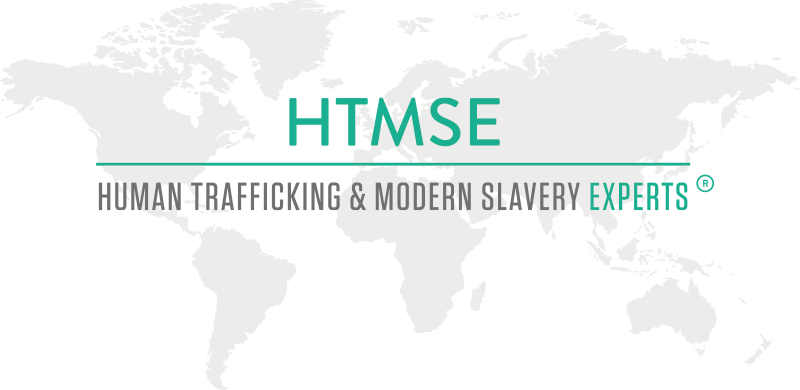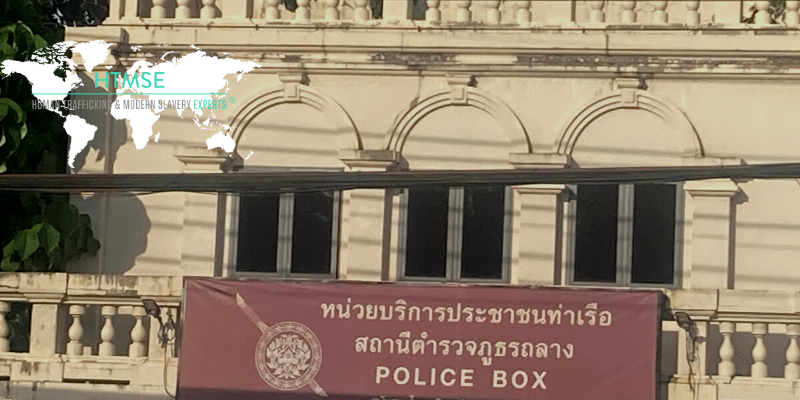
The UK Government is proposing measures to eradicate modern slavery from public healthcare supply chains. Regulations will apply to NHS trusts, integrated care boards and local authorities who procure goods and services for the healthcare sector. Reporting from the Modern Slavery Assessment Tool (MSAT) shows that 21% of NHS suppliers are at risk of having modern slavery in their supply chains, using high risk products including face masks, uniforms, gloves, gowns and surgical instruments.
The current procurement process involves a standard questionnaire, however there are many shortcomings in regulation, exacerbated by the compounding pressures on the NHS’s operational functioning since Covid 19. There is a zero-tolerance policy to modern slavery in public supply chains, however public bodies need the expertise and support of stakeholders and experts in the sector in order to identify problematic suppliers and risks.
Guidance has been drafted here and is accepting submissions from stakeholders and experts in the sector until 13 February 2025.
Summary of actions:
- Major consultation launched to ensure goods or services purchased by NHS are not linked with forced labour or human trafficking
- Follows government review which found some NHS suppliers were at high risk of involving modern slavery in purchasing medical equipment
- Public bodies will be required to work with suppliers to identify risks and put forward solutions
A summary of the actions and Government Press Release can be found here.
